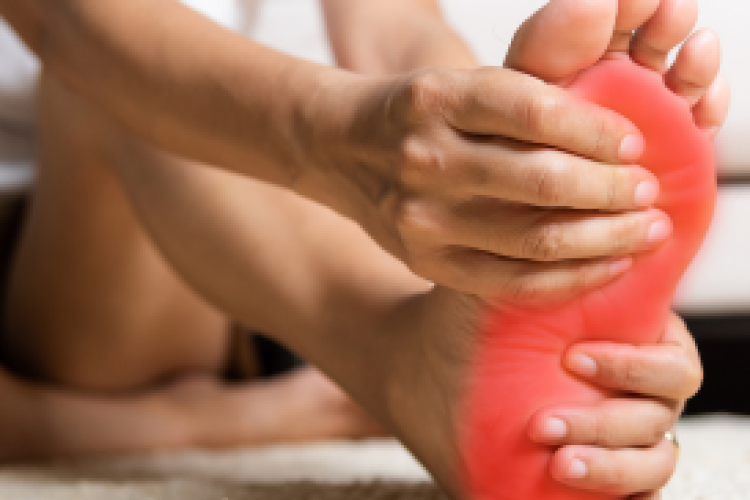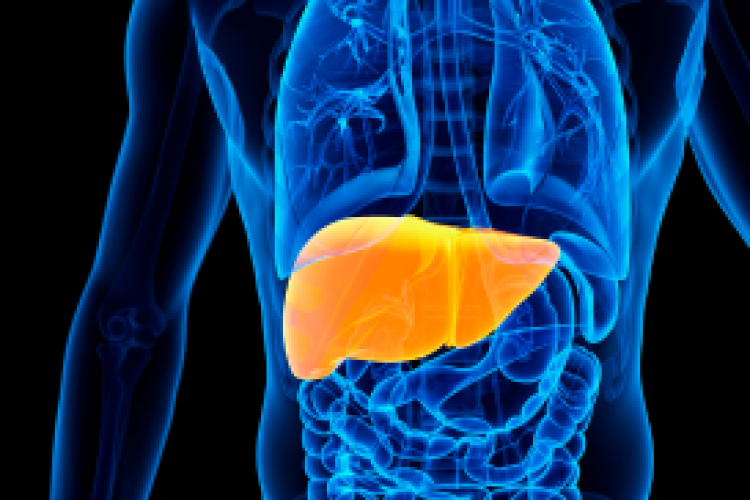Holiday season can be an especially difficult time for people in recovery from drug and alcohol addiction. More than any other time of year, the holidays can be fraught with temptation, featuring invitations to parties centered around drinking.
The stress induced by the holiday season, including travel and negotiating family relationships, can be a trigger for drug and alcohol use. If you are traveling, you may be away from your recovery support system and regular routines, which can put you at increased risk of relapsing.
The key to getting through the holidays without relapse is to plan ahead, says Joseph Vittorio, MD, Medical Director of The Recovery Center at Montefiore Nyack Hospital. “Think carefully about accepting party invitations, and talk with your family about creating new rituals that aren’t centered around alcohol,” he says. Here are some tips to make your holiday season joyful while keeping your sobriety:
Choose your parties carefully. “If you’re early in your recovery—the first year, or even two—avoid any holiday parties where alcohol will be served,” Dr. Vittorio advises. After that, have a good strategy in place for attending parties. “Go to an AA meeting before the party, and set up a meeting with your counselor or sponsor for afterwards,” he says. Don’t be tempted to have a sip or two to fit in—this can lead to a slippery slope.
Have an exit strategy. You don’t have to stay for the entire gathering—make an appearance, stay for a little while, and leave before temptations set in. If it’s appropriate, bring someone with you who will look out for you and make sure you stay far from the bar. If you’re not going with a sober buddy, make sure you’ve made transportation plans that don’t involve relying on someone else so you can leave at any time.
Involve friends and family. “Explain that you can’t be near alcohol, and ask that at family gatherings they put away the bottles,” Dr. Vittorio says. “It’s a big ask, and it may not be easy for some families to make that sacrifice.” He suggests families create new rituals that don’t involve alcohol. He advises against using non-alcoholic drinks instead for toasts. “That just reinforces old triggers,” he says. Instead, try using a favorite symbolic food.
Keep busy. If you or your family is hosting a party, make sure there’s plenty of music, games, dancing, and socializing so everyone keeps busy. If you’re not bored or anxious, it lessens the odds you’ll want to drink.
Lend a hand. Make time to help others this holiday season. Being of service to others can be a good way to strengthen your own recovery. Examples include serving a meal at a homeless shelter, spending time with an elderly neighbor, or speaking with a newcomer at an AA meeting.
Take care of yourself. The end of the year is a great time to take stock of your health and make resolutions to stay healthy in the new year. Resolve to eat healthy, exercise regularly, and get enough sleep. Find ways to reduce stress, such as through yoga or meditation.
Be an example. Drinking at holiday gatherings isn’t only a problem for people in recovery, Dr. Vittorio notes. “We all can benefit from showing some restraint when it comes to drinking this season,” he says. By demonstrating you can have a good time without getting drunk, you can set a good example for family, friends, and co-workers who may thank you for avoiding a hangover, bad behavior, and weight gain.



 Upcoming Events
Upcoming Events



